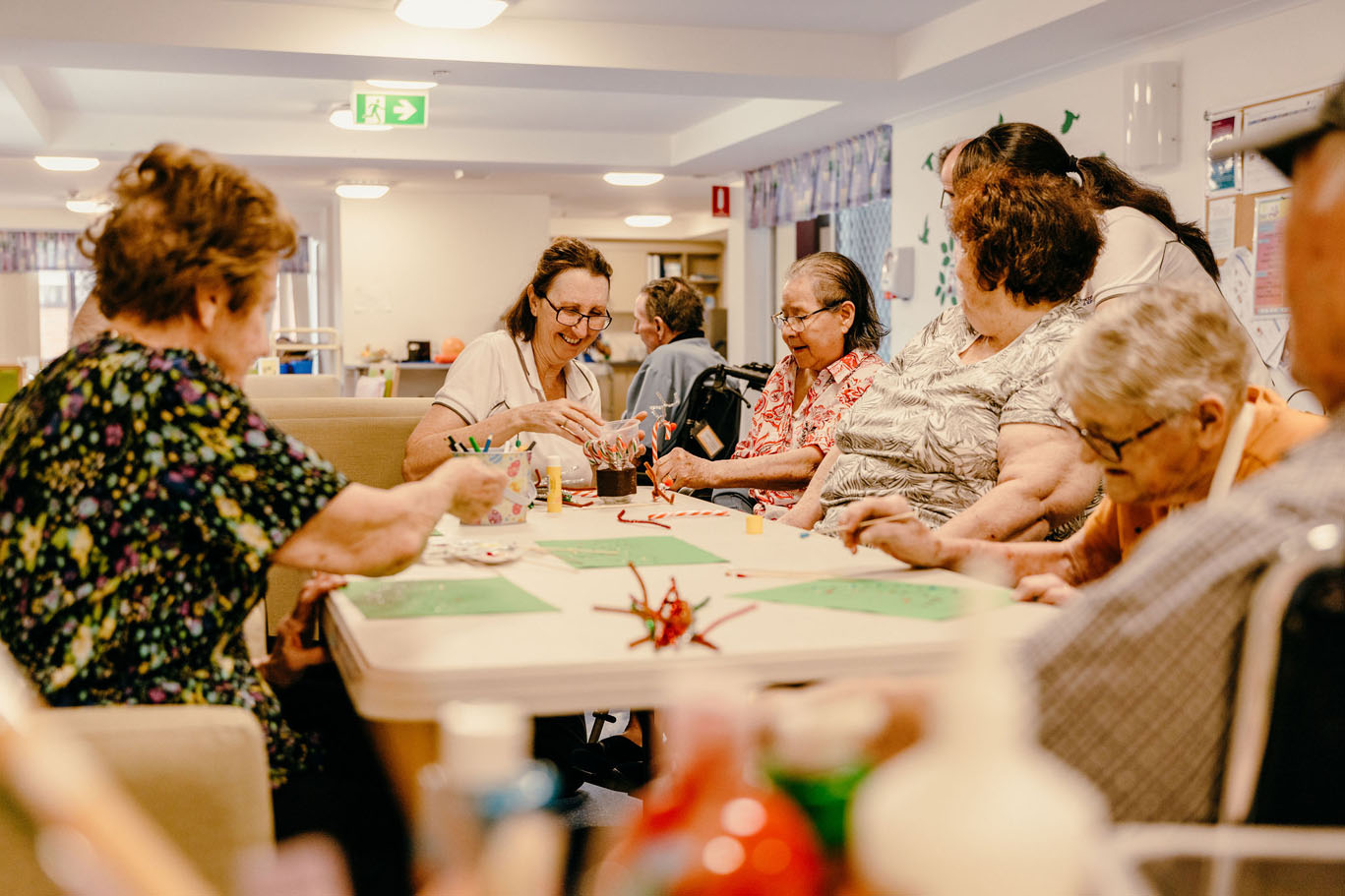It depends.
The level of care someone with dementia needs can depend on how far advanced their dementia is and even other factors such as mobility can play a part in assessing someone's need for either home care or residential care.
Advantages of caring for a loved one at home
Familiar Environment
Being in a known and comfortable setting can be reassuring for a person with dementia and may help minimize symptoms like agitation or confusion.
Family Involvement
Family members can be more easily involved in day-to-day care and decisions.
Challenges of caring for a loved one at home
Caregiver Burden
Caring for someone with dementia can be physically and emotionally exhausting, and can become increasingly demanding as the condition progresses.
Safety
The home must be adapted to ensure the safety of the person with dementia, including measures to prevent wandering, falls, and other accidents.
Professional Skills
As dementia progresses, the level of medical and nursing care required can become overwhelming.
How to best manage care at home
Training & understanding of dementia
Caregivers can benefit from training on how to manage behavioral symptoms, administer medications, and provide physical care.
An excellent resource for training is the Wicking Dementia Research & Education Centre which provides free courses on understanding and managing dementia
Regular Respite Care
To prevent caregiver burnout, families can use respite services (from providers like St Vincent’s), which offer short-term, temporary relief.
With proper support, it is possible to care for someone with dementia, but we highly recommended chatting with health professionals and getting an ACAT assessment before making any decisions about where you should receive care.



.jpg?mode=crop&width=960&height=auto&quality=90)
.jpg?mode=crop&width=960&height=auto&quality=90)





.jpg)